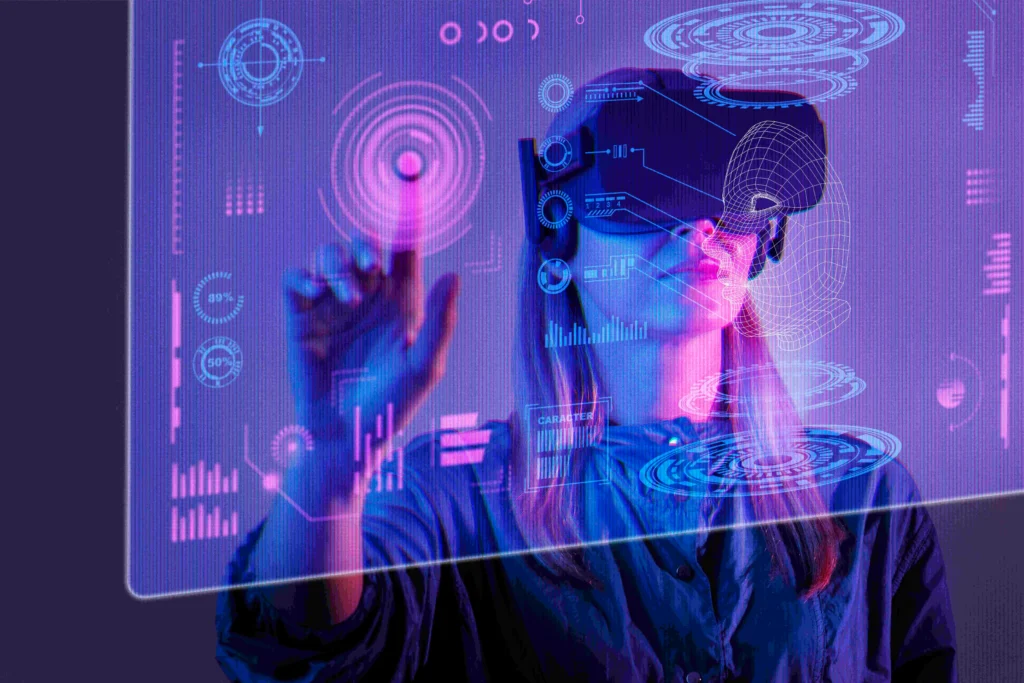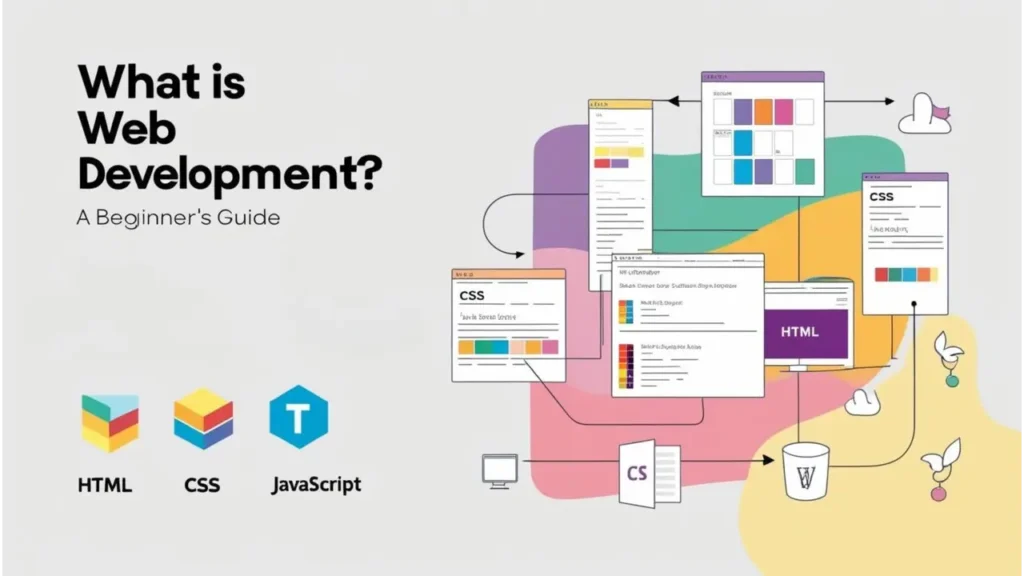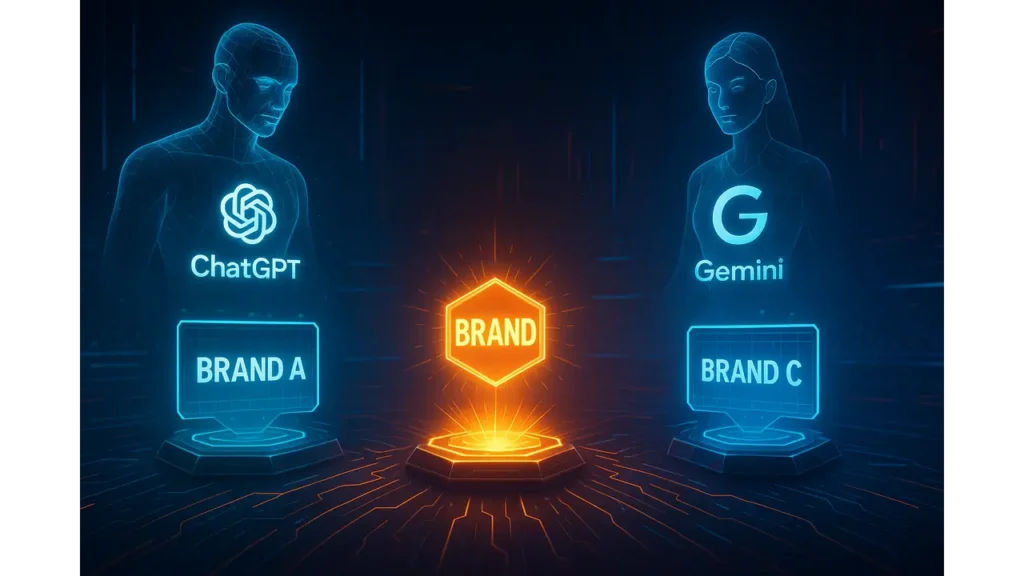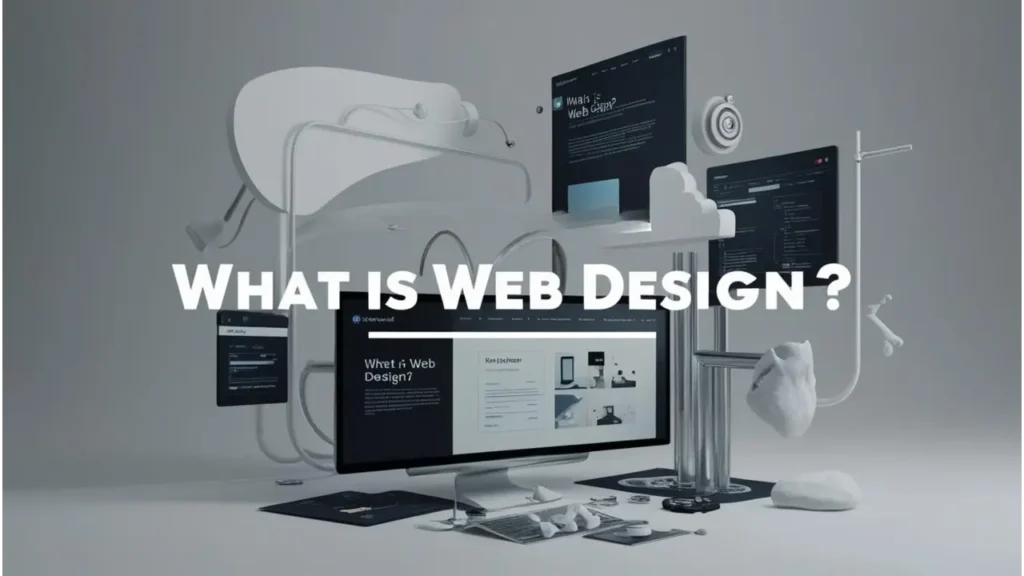The digital marketing landscape is undergoing a transformation reminiscent of a renaissance, fueled by the emergence of advanced artificial intelligence (AI). Just as the original Renaissance in art, science, and literature reshaped human history, AI is driving a renaissance in marketing, ushering in a new era of creativity, precision, and innovation. Central to this transformation is Smart Content Creation—the ability of AI to generate, personalize, and optimize content for different audiences at scale. As we explore this digital revolution, we’ll examine how AI is remastering the marketing canvas and how Smart Content Creation has become a pivotal tool in the modern marketer’s toolkit.
Key Takeaways
- AI-Driven Transformation
- Smart Content Creation
- AI in Personalization
- Efficiency & Automation
- Multifaceted Role of AI
- Ethical Considerations
- Collaboration with Humans
- Future of Marketing
Table of Contents
The Rise of AI in Digital Marketing: An Overview
The global economy is becoming increasingly digitized, with brands relying more heavily on digital marketing strategies to engage with their customers. AI has become a game-changer, offering solutions that go beyond traditional methods by enhancing personalization, improving campaign efficiency, and, most importantly, revolutionizing content creation.
Gone are the days when content was a one-size-fits-all solution. Today, consumers expect relevant, engaging, and personalized experiences with the brands they love. AI’s ability to analyze large data sets, predict customer behaviors, and generate high-quality content allows businesses to deliver on these expectations, thus leading to the rise of Smart Content Creation. This innovation helps brands tailor their messages to individual customers while maintaining consistency across platforms.
AI isn’t just automating routine tasks but is actively enhancing creative capabilities. From blog posts to social media updates, AI-powered tools are creating content faster, more efficiently, and often with better results than human-only processes.

Smart Content Creation: A New Frontier
At the heart of AI’s contribution to digital marketing is Smart Content Creation. This refers to the ability of AI-driven tools to craft content that aligns with a brand’s voice while resonating deeply with its target audience. Traditionally, content creation was labor-intensive, requiring writers, editors, designers, and marketers to collaborate on developing unique assets for every campaign. But now, with AI’s help, Smart Content Creation automates this process, enabling brands to produce more content at scale without compromising quality.
AI tools like GPT-4 (the very language model generating this blog) have learned to write and create diverse forms of content—from video scripts to product descriptions to social media posts. They not only generate text but also analyze existing content, improving SEO, refining tone, and making the message more compelling.
How Smart Content Creation Works
So, how does AI achieve Smart Content Creation? It’s a multifaceted process that involves several key components:
- Data Analysis: AI tools ingest vast amounts of data to understand customer preferences, browsing history, social media interactions, and purchasing behavior. This data forms the foundation for generating personalized content that appeals to specific audiences.
- Natural Language Processing (NLP): NLP allows AI to understand human language, making it possible for AI models to craft content that sounds natural, engaging, and on-brand. For example, tools like Grammarly, Jasper, or GPT-based platforms use NLP to create content that reads as though it were written by a human.
- Predictive Analytics: AI uses predictive analytics to determine what type of content will perform best for certain audiences. By analyzing trends and consumer behavior, AI can help marketers make informed decisions about the kind of content they should produce, whether it be a blog post, an infographic, or a social media update.
- Automation & Efficiency: Smart Content Creation automates the process of generating, editing, and publishing content. AI can handle repetitive tasks like keyword integration, grammar correction, and even optimization for search engines (SEO). This efficiency allows brands to scale their content production exponentially without exhausting human resources.
- Personalization: Personalization is the crown jewel of Smart Content Creation. AI enables brands to craft personalized content that speaks directly to individual customer needs and preferences. Whether it’s recommending products in an email or suggesting content on a website, AI ensures the message is tailored for each user.

The Role of AI in Content Strategy
The days of producing static, generic content are long gone. As customers expect more personalized and engaging experiences, the demand for dynamic content has surged. Smart Content Creation through AI allows marketers to produce this dynamic content at scale, creating a continuous feedback loop of content creation, measurement, and optimization.
- SEO Optimization: AI has revolutionized the way content is optimized for search engines. Tools like Clearscope and SurferSEO analyze top-ranking pages for specific keywords and help marketers understand how to adjust their content for better rankings. By using AI to research and optimize keywords, digital marketers can enhance the visibility of their content while ensuring it remains relevant and engaging for users. SEO-focused Smart Content Creation can help brands compete more effectively in the crowded digital marketplace.
- Content Repurposing: AI can assist with repurposing content across multiple platforms, ensuring that a single piece of content can be used in various formats—blog posts, social media updates, podcasts, and even videos. This not only maximizes the lifespan of the content but also ensures that each channel is updated with fresh, relevant material, all thanks to Smart Content Creation capabilities.
- Social Media Marketing: AI-powered tools like Lately and Hootsuite use AI algorithms to analyze social media data and generate content that aligns with audience preferences and trends. Smart Content Creation for social media ensures that each post resonates with the audience while adhering to brand guidelines. The ability to analyze performance data in real-time also allows marketers to make adjustments and optimize content quickly.
AI’s Impact on Visual Content Creation
While text-based content is crucial, visual content holds equal, if not more, weight in today’s digital marketing space. AI is increasingly being used to design visual assets, whether that’s through automatic photo editing tools like Adobe Sensei or AI-driven video production platforms such as Magisto.
AI’s role in visual content creation follows a similar process as in written content. It analyzes data to determine which visuals are most likely to engage an audience, then either suggests edits or automatically generates visual content that aligns with the brand’s goals.
For example, companies are using AI to create dynamic banner ads or even custom videos tailored to individual users. This shift in how visual content is created and personalized gives marketers more freedom to experiment while maintaining a high level of consistency across channels.

AI-Generated Content in Email Marketing
Email marketing continues to be a powerful tool in digital marketing. With AI-driven tools, marketers can now leverage Smart Content Creation to craft personalized, timely, and engaging email campaigns. AI helps optimize everything from subject lines to the body of the email, ensuring the content is not only relevant but also likely to convert.
Platforms like Mailchimp and HubSpot now incorporate AI to automate email campaign management and optimize content. They can track user behavior, personalize recommendations, and even suggest the best times to send emails, thereby improving open rates and overall campaign success. By using AI, marketers ensure that every piece of content sent via email is crafted specifically for the recipient.
The Ethical Considerations of AI in Content Creation
While Smart Content Creation offers undeniable benefits, it also raises some ethical questions. AI can generate content at scale, but should it? Concerns about plagiarism, misinformation, and the potential loss of human jobs are becoming more prominent as AI becomes more integrated into content creation workflows.
- Originality and Ownership: AI models are trained on vast amounts of data, including existing content from across the internet. This raises questions about the originality of AI-generated content. While AI tools may produce new combinations of words or images, they often draw from pre-existing material, which blurs the line between creativity and replication.
- Misinformation: AI-generated content can also be used to create misleading or fake information, especially when it comes to deepfakes or generated articles. Ensuring that content generated by AI is truthful and reliable is a growing challenge for marketers and regulators alike.
- Job Displacement: One of the concerns with AI-driven Smart Content Creation is the potential for job displacement among human content creators. However, rather than fully replacing human roles, AI should be seen as a tool to enhance and augment human creativity, allowing content creators to focus on strategy, storytelling, and other higher-level tasks that require human intuition and emotional intelligence.

AI and Human Collaboration: The Future of Smart Content Creation
Despite these concerns, the future of Smart Content Creation is a harmonious collaboration between AI and human creativity. AI can handle the data-heavy, repetitive tasks that bog down traditional content creation, while humans can focus on strategy, creativity, and ethical considerations.
As AI continues to advance, it will likely become an even more powerful ally in content creation. New tools will emerge that provide deeper insights into consumer behavior, more personalized content experiences, and even greater efficiencies in content production. Brands that embrace AI and Smart Content Creation will find themselves at the forefront of the digital marketing renaissance, able to engage with their audiences in ways previously thought impossible.
F&Q
1. What is Smart Content Creation?
Smart Content Creation refers to AI-powered tools that generate, personalize, and optimize content based on user data and preferences, allowing marketers to create content more efficiently and at scale.
2. How does AI improve content creation in digital marketing?
AI enhances content creation by automating repetitive tasks, analyzing audience data, personalizing content for specific users, and optimizing it for SEO, social media, and other channels.
3. Can AI replace human creativity in content marketing?
No, AI complements human creativity. While AI handles data analysis, automation, and repetitive tasks, humans remain essential for strategic planning, storytelling, and emotional engagement.
4. What are the benefits of using AI for Smart Content Creation?
Benefits include faster content production, deep personalization, improved SEO optimization, the ability to scale campaigns, and more efficient social media and email marketing.
5. Are there any ethical concerns with AI-driven content creation?
Yes, concerns include originality, misinformation, and potential job displacement for content creators. However, AI is generally viewed as a tool to augment, not replace, human creativity.
6. How does AI personalize content for different audiences?
AI uses data such as user behavior, purchase history, and browsing patterns to create personalized content that resonates with individual users, ensuring relevancy and engagement.
7. Can AI help with SEO optimization?
Yes, AI-powered tools can analyze top-ranking content for specific keywords and offer suggestions to optimize content for better search engine rankings.
8. What role does AI play in visual content creation?
AI can assist in generating or enhancing visual content such as images and videos, analyzing which visuals are most likely to engage an audience and offering automated editing tools.
9. Is AI beneficial for email marketing?
Absolutely. AI optimizes email campaigns by personalizing content, suggesting the best send times, improving subject lines, and automating follow-up emails for higher engagement.
10. What is the future of AI in digital marketing?
AI will continue to evolve as a key tool in marketing, driving more sophisticated content creation, deeper personalization, and more seamless collaboration between humans and machines.
Conclusion
We are witnessing a rebirth in the world of digital marketing, driven by the power of artificial intelligence. As the capabilities of AI continue to grow, Smart Content Creation is at the forefront of this transformation, reshaping how brands communicate with their audiences. AI’s ability to analyze data, predict trends, personalize content, and automate the creative process is enabling marketers to craft more relevant, timely, and engaging messages. The future of digital marketing lies in the seamless collaboration between AI and human creativity, where Smart Content Creation allows brands to scale their efforts while delivering exceptional value to their customers.
In this digital renaissance, AI is not just a tool but a creative partner, helping marketers craft a new marketing canvas—one defined by innovation, efficiency, and personalization. Brands that harness
the power of Smart Content Creation will thrive in this new era, creating more meaningful connections with their audiences and driving success in an increasingly competitive landscape.
Explore our website for related blogs : click here












